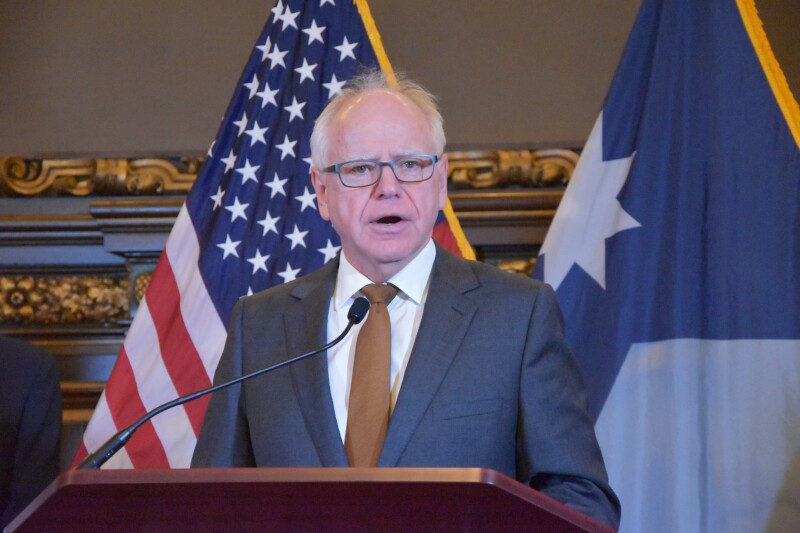UPDATE: The Alaska Supreme Court is urgently deliberating a landmark case that could redefine abortion care access in the state. Just yesterday, the court heard critical arguments concerning a 2019 legal challenge initiated by Planned Parenthood, which questions the constitutionality of a law restricting abortion procedures to licensed doctors only.
This legal battle holds immense significance for Alaskans seeking abortion services, as the outcome will determine whether advanced practice clinicians, such as nurse practitioners and physician assistants, can provide care. A Superior Court judge, Josie Garton, previously ruled in favor of Planned Parenthood, permitting these advanced practitioners to offer abortion services while her final decision is pending. However, the state has appealed this ruling, highlighting deep divisions over reproductive rights.
Planned Parenthood argues that the restriction on who can provide abortion care is medically unjustified and creates unnecessary barriers for individuals seeking these services. Their attorneys noted that advanced practice clinicians are already allowed to provide medication abortions in 25 states and regularly manage care of similar risk and complexity.
Since Judge Garton’s 2021 decision, advanced practice clinicians have become the primary providers of medication abortions in Alaska, with Planned Parenthood clinics now able to offer this essential service daily. This marks a dramatic shift from the pre-2021 scenario, where licensed doctors could only provide medication abortions once or twice a week at each clinic.
Recent state reports indicate that the total number of abortions in Alaska has remained stable over the past few years, with 1,229 in 2021, 1,247 in 2022, and 1,222 in 2023. However, these figures may also include treatments related to miscarriages. Notably, reasons for ending pregnancies are not reported to the state, complicating the understanding of abortion trends.
The case underscores the unique challenges of healthcare access in Alaska, where vast distances and limited travel options hinder many residents from receiving care. Many communities lack direct connections to the state’s main road system, forcing residents to travel to urban centers like Anchorage or even Seattle for specialized medical services. Such trips can be costly and time-consuming, with unpredictable weather leading to flight delays that create further obstacles.
The state’s attorneys argue that Planned Parenthood has not proven that the physician-only law inhibits women in Alaska from exercising their right to choose an abortion. They assert that the organization could hire more doctors but chose not to, claiming the law is constitutional and serves a legitimate purpose.
The arguments presented in court reflect broader implications for reproductive rights and healthcare access across Alaska. The court’s decision will be crucial not only for abortion services but also for the scope of healthcare providers eligible to offer them. As this case develops, it is set to impact the ease with which women can access vital medical services in the state.
Both sides have presented compelling arguments, emphasizing the need to balance regulatory standards in medical care with the necessity of expanding access to essential healthcare services. The court has not announced when it will issue its ruling, but the decision is expected to resonate deeply within Alaskan communities and could lead to significant changes in abortion access statewide.
This unfolding legal situation is a pivotal moment for reproductive rights in Alaska, emphasizing the importance of healthcare access and the authority of the state in regulating medical practice. Stay tuned as we follow this urgent and significant case.







